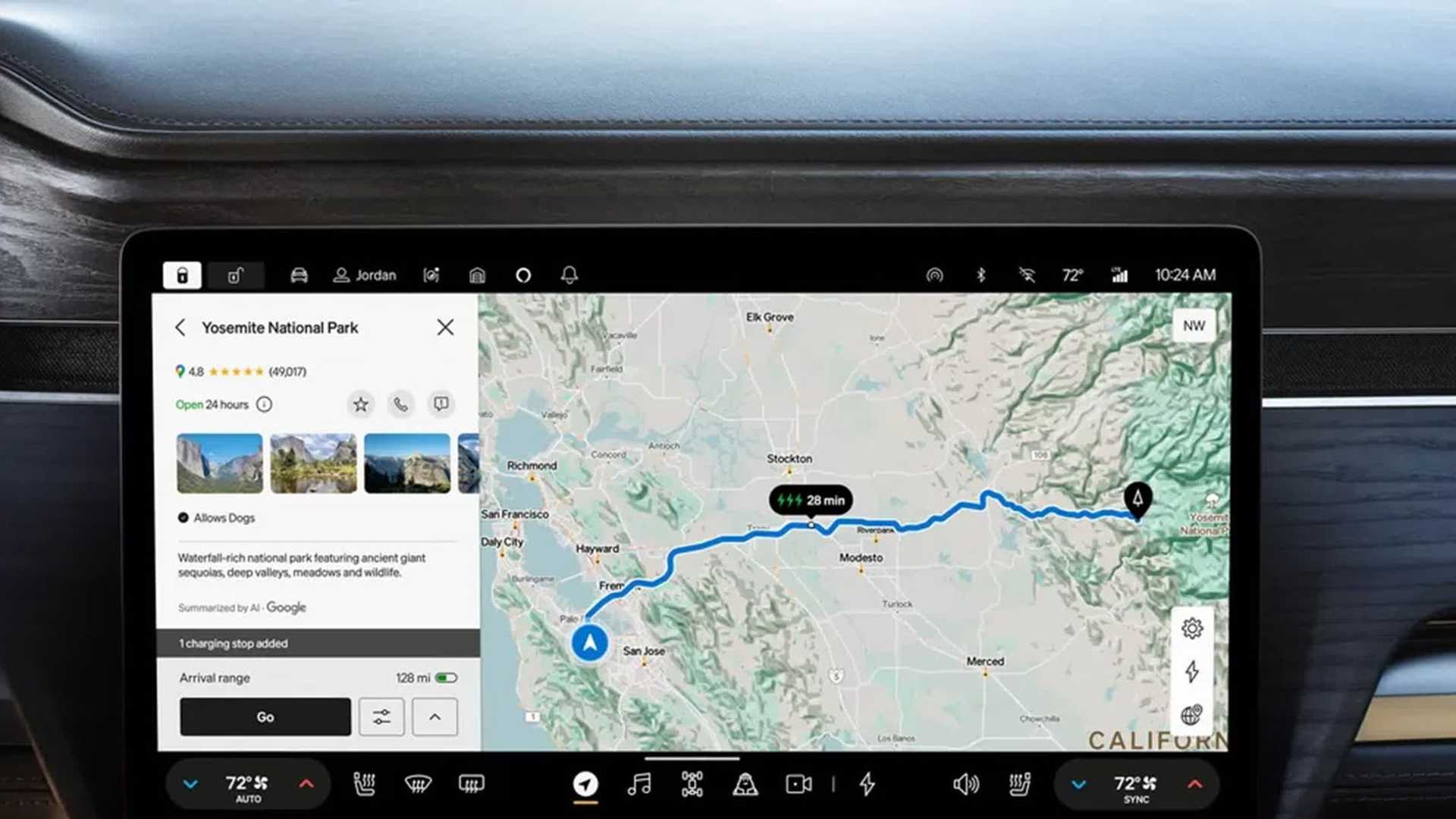Google rolls out Gemini AI features across Maps, Earth, and Waze ...
Google has recently integrated generative AI into its geospatial technologies, marking a significant advancement in this field. These new features are being introduced to users, developers, and urban planners with the aim of revolutionizing how we engage with the physical world.
Google Maps Enhancements
Google is updating its mapping platforms with the latest generative AI capabilities derived from its Gemini AI model. These updates are being implemented across Google Maps, Google Earth, and Waze to improve the overall user experience and address complex geospatial challenges.

With the latest changes, Google Maps users in the US using Android and iOS devices will now have access to more detailed and contextually relevant search results powered by Gemini AI. This new functionality allows users to make conversational requests, such as seeking recommendations for a night out with friends in a particular city. Gemini leverages the extensive database of locations and user reviews within Google Maps to compile responses.
Chris Phillips, Vice President and General Manager of Geo at Google, mentioned that the Gemini model verifies and cross-checks information from the Maps database, including place specifics and user feedback, to ensure the accuracy of its responses. Additionally, the system incorporates details from third-party sources like blogs when necessary.
Advanced Features
Other notable additions include improved route exploration, which provides suggestions for landmarks and points of interest along the way. Google Maps now also offers end-of-route information such as parking recommendations and pedestrian directions.

Furthermore, Google Maps has integrated augmented reality assistance and weather disruption reporting to notify users of potential weather-related delays on their routes. Users can now enjoy immersive views of over 150 cities globally, with more detailed lane information scheduled to be launched in urban environments next month.
Google Earth Integration
Google Earth is also receiving the transformative capabilities of Gemini to aid urban planners in accessing in-depth, city-level insights and reducing data analysis time from days to minutes. For instance, a transportation planner can request Google Earth to map the five postal codes with the lowest number of electric vehicle charging stations relative to their area size. The system utilizes multi-step logical reasoning to generate a tailored visualization.
This feature was developed in collaboration with Google Research and X, the moonshot factory. Google is set to commence testing Gemini capabilities in Google Earth in the coming month.

Waze Innovations
Waze, now fully integrated into Google's Geo division, is introducing AI-enhanced natural language processing for incident reporting through its new "conversational reporting" feature. This functionality enables users to verbally describe road conditions or hazards without the need to select specific icons on their devices.
Additionally, Waze is simplifying the process for map editors to include school zones on the map and will alert users when they enter one. This feature is expected to be rolled out to iOS and Android users later this year.
Developer Integration
For the numerous websites and apps utilizing the Google Maps Platform, Google is launching "grounding with Google Maps" for developers to seamlessly integrate location data into their generative AI-driven experiences. This initiative aims to ensure that responses generated by extensive language models are factually accurate, reflecting real-time updates from the 250 million locations on Google Maps.
Rivian is among the first adopters to utilize Gemini capabilities in the Places API, showcasing AI-generated summaries of restaurants, stores, and supermarkets on their vehicle infotainment screens.

With these latest advancements in AI technology, Google is reshaping the landscape of geospatial services, offering users, developers, and urban planners innovative tools to interact with their environments more effectively.




















